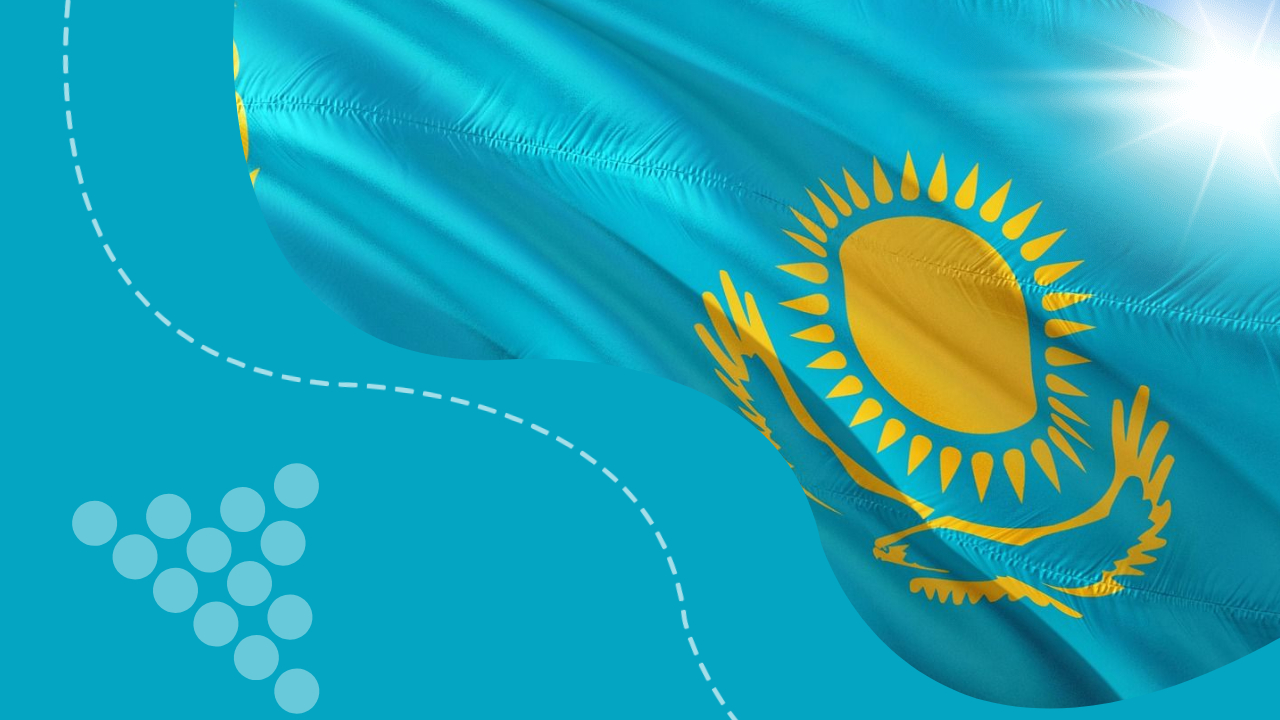Ulytau Resources is set to embark on uranium exploration at the Djusandalinskoye deposit in the Zhambyl region. Under the acquired license, the mining company will survey an area of 29.43 km² from 2024 to 2028 near the uranium-molybdenum Botaburum deposit in southern Pri-Balkhash, as reported by inbusiness.kz. In addition to seeking new uranium deposits, Ulytau Resources will evaluate previously identified reserves and monitor the natural radiation levels during drilling activities. Public discussions regarding the exploration license for uranium are scheduled for April 25th. The uranium deposits at Djusandalinskoye were first discovered in 1982, with the metal’s reserves classified under categories C1 and C2 in 1991 and subsequently studied by “Yuzhpolymetal” experts who have conducted geological surveys at Botaburum since 1957.
Source and Credit: dprom.kz

